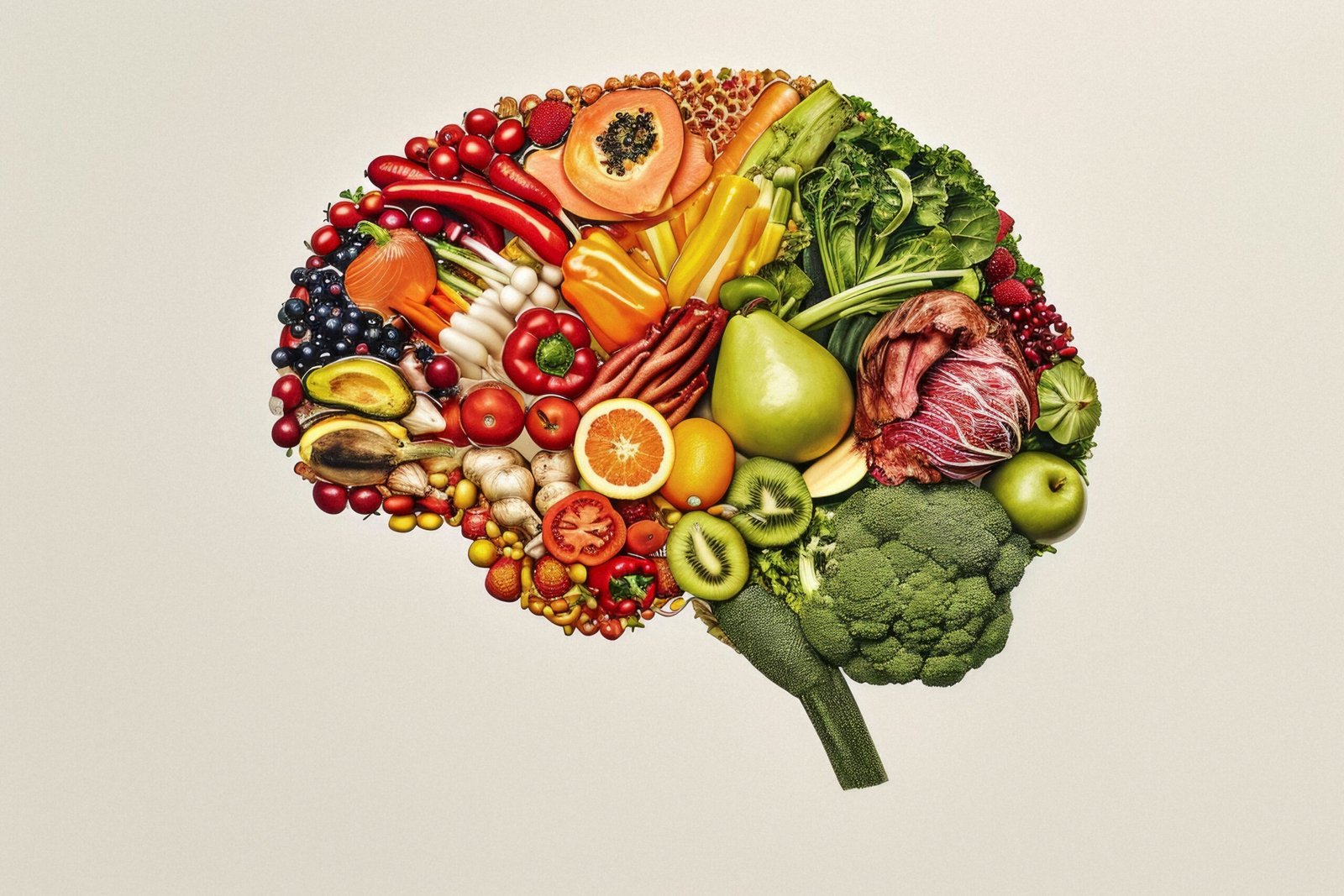Exploring the profound connection between gut health and mental wellness has unveiled a fascinating narrative: the equilibrium of our gut microbiota may play a pivotal role in influencing our mental health, particularly depression. This burgeoning area of research illuminates the intricate dance between our dietary choices, the microbial tenants of our gut, and their collective impact on our psychological state.
The Intersection of Gut Health and Mental Well-being
A notable discovery in this field is the identification of energy metabolism disturbances within the guts of individuals diagnosed with depression. These disturbances are intricately linked to changes in the microbial composition of the gut, highlighting specific bacteria such as Clostridiales and Bacteroidetes as potential contributors to depressive symptoms. This revelation, drawn from the analysis of a substantial cohort, underscores the significant role of gut health in modulating mental wellness via the gut-brain axis, providing intriguing biomarkers for depression.
Dietary Patterns: A Double-Edged Sword
The link between dietary habits and depression offers a compelling angle on how our food choices can influence our mental health. The consumption of processed, high-fat, and high-sugar foods is now more closely associated with an elevated risk of depressive symptoms, suggesting that poor dietary choices may exacerbate gut microbiome imbalances, thereby influencing depression. Conversely, this relationship also uncovers a potential pathway to mitigating depression through dietary interventions. The integration of probiotics, prebiotics, and specific dietary changes emerges as a promising non-pharmacological approach to rebalance the gut microbiome and, by extension, alleviate depressive symptoms.
A Dietary Blueprint for Mental Health
The recommendation to adopt a diet enriched with antidepressant nutrients, mirroring the Mediterranean diet, signals a proactive strategy to foster a healthier gut microbiome. This nutritional paradigm, characterized by a rich intake of whole grains, vegetables, and omega-3 fatty acids, has been linked to enhanced microbial diversity and reduced inflammation in the gut. Such a dietary approach not only aligns with a preventive strategy against depression but also emphasizes the necessity of tailored dietary recommendations. Personalizing diet plans to address individual gut microbiome profiles could pave the way for innovative treatments for depression, accentuating the critical nexus between gut health and mental well-being.
Embracing a Holistic View of Health
This exploration into the relationship between gut microbiota balance and depression not only broadens our understanding of mental health but also champions a holistic approach to wellness. It beckons us to consider the profound implications of our dietary choices on our psychological state, encouraging a shift towards nutritionally rich, balanced diets as a cornerstone of mental health strategy. As we continue to unravel the complexities of the gut-brain connection, the potential for dietary interventions to serve as a keystone in treating depression shines brightly, offering a beacon of hope for those navigating the challenges of mental health.
Your Next Steps to a Happier Gut and Mind
Are you intrigued by the power of your gut to influence your mental health? This research underscores the critical role of diet in shaping our mental well-being. For those looking to dive deeper and take actionable steps towards a healthier gut and a happier mind, subscribing to our newsletter can be your gateway to the latest insights and tips in the realm of gut health and mental wellness. Join our community today and embark on a transformative journey towards achieving balance and harmony between your gut and your mind.
References





